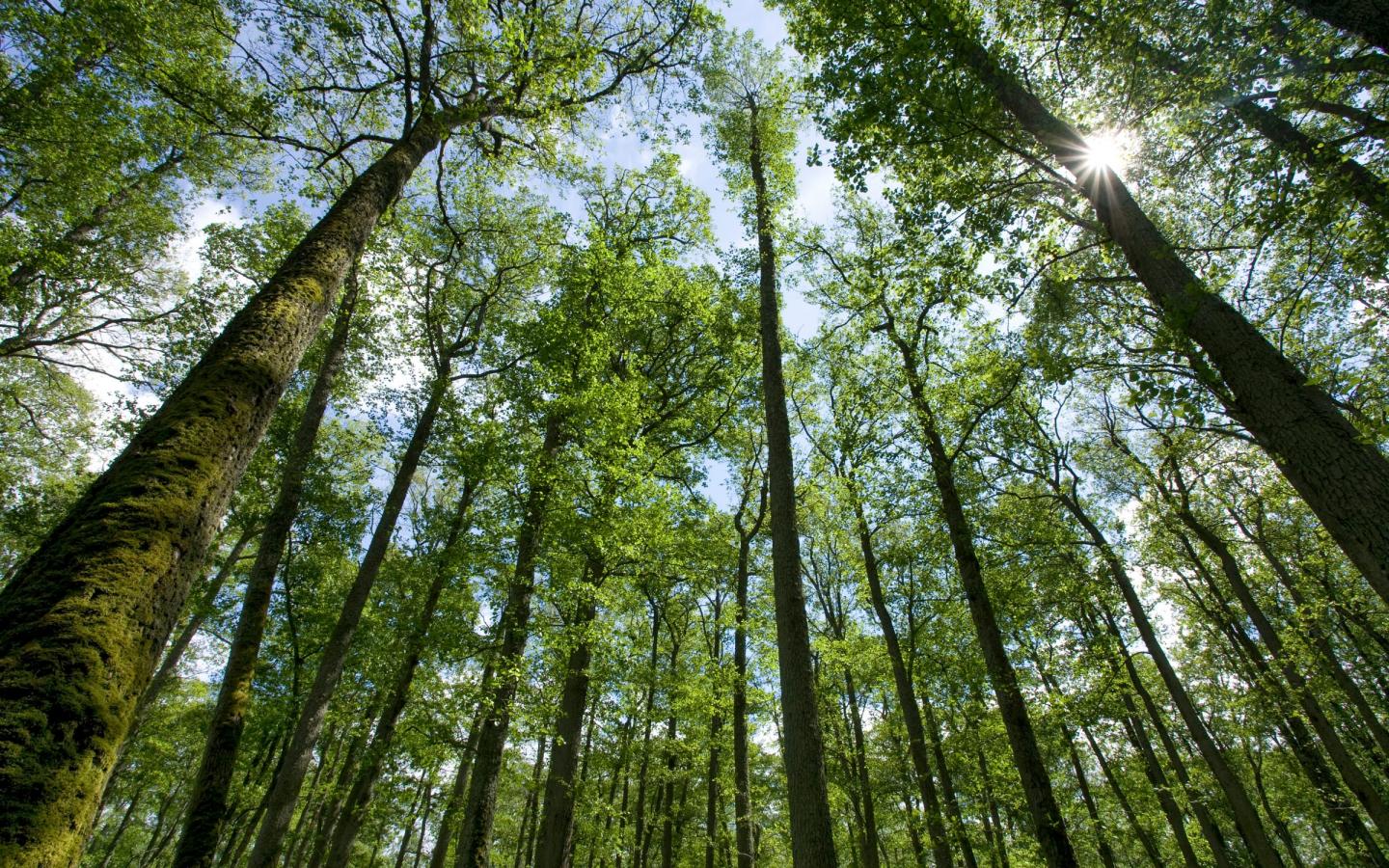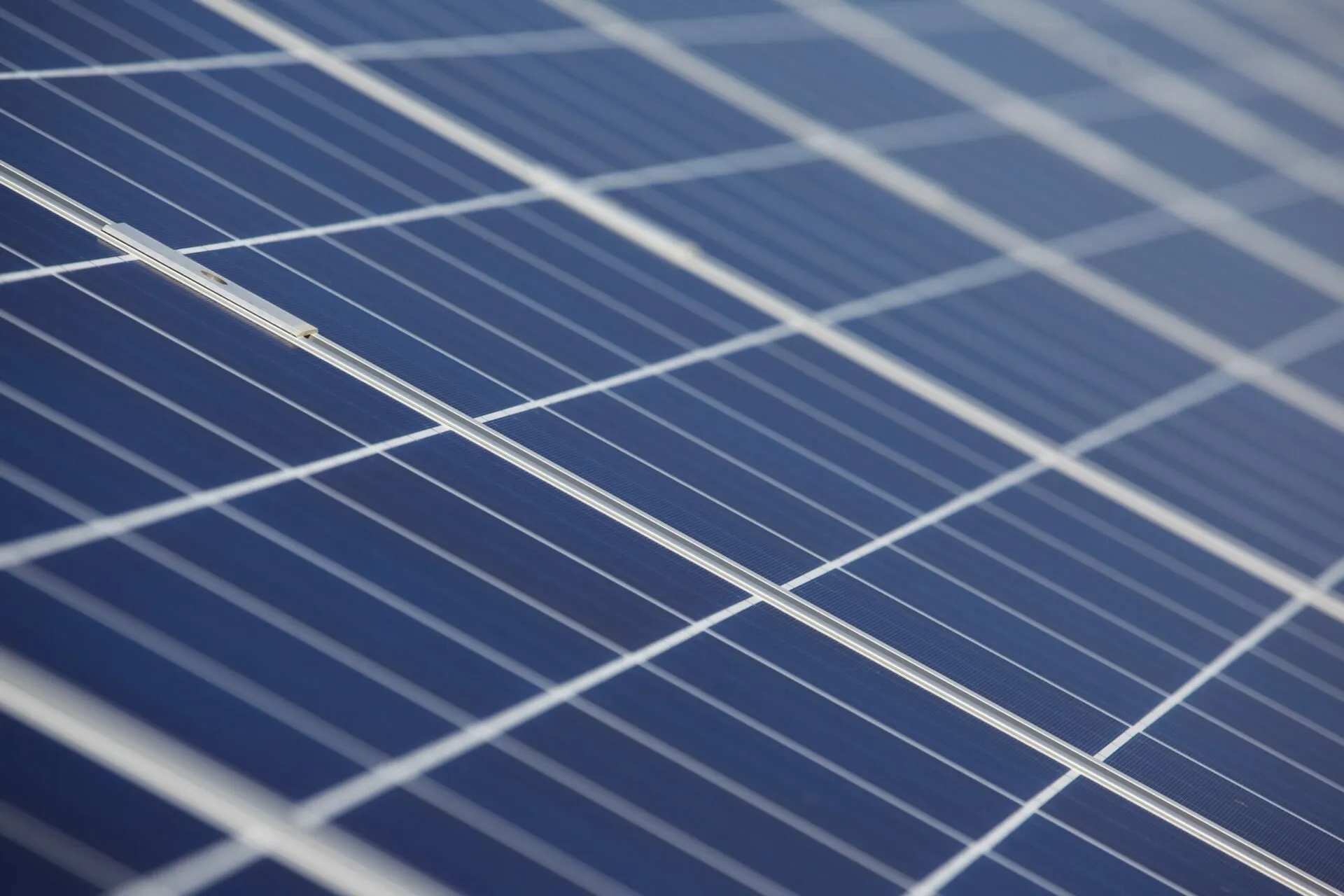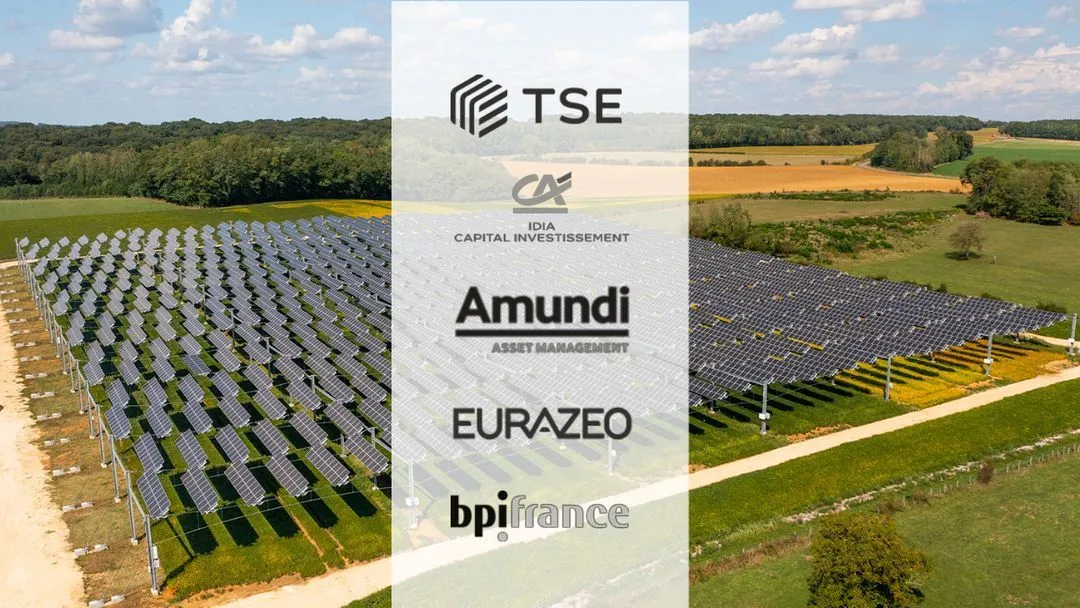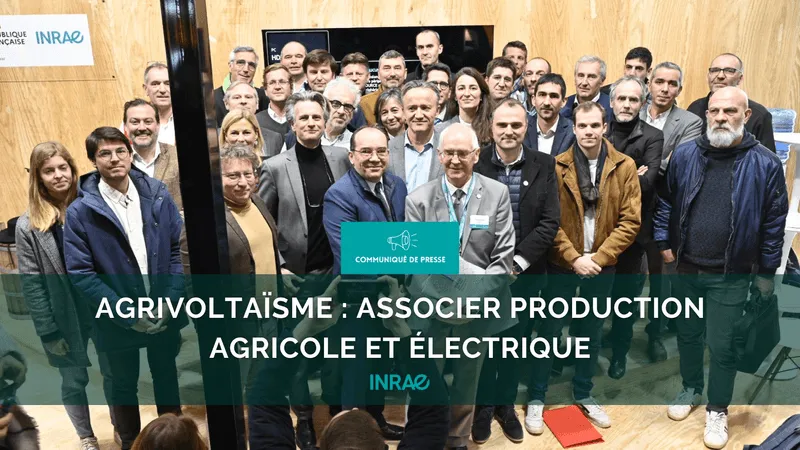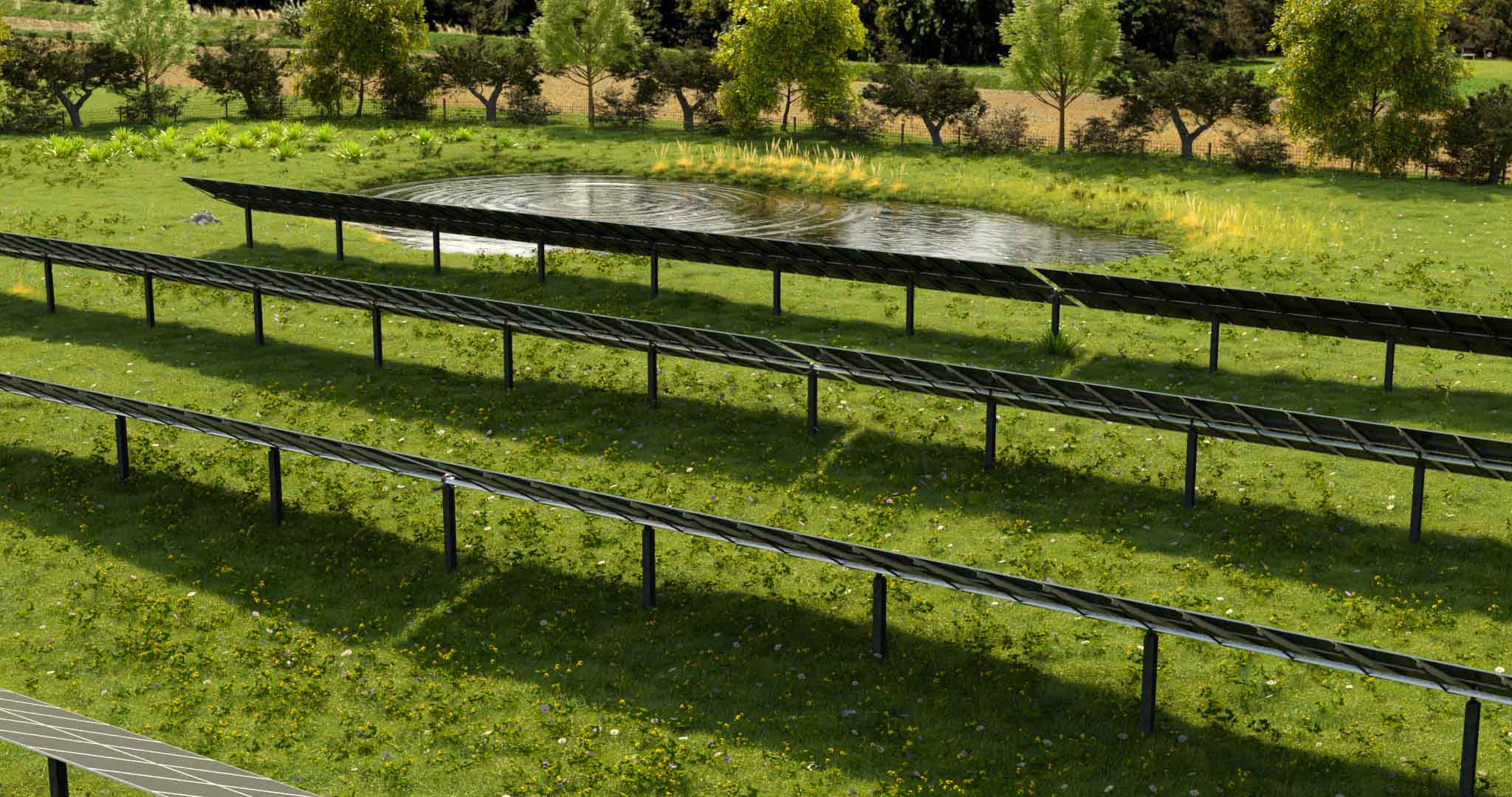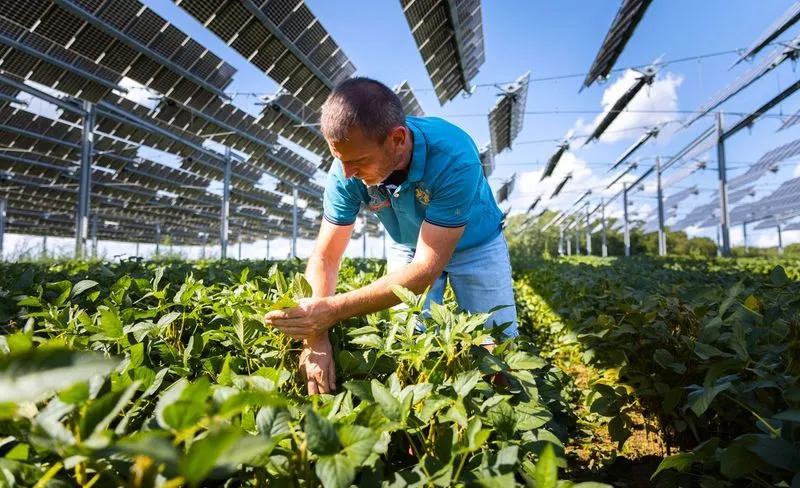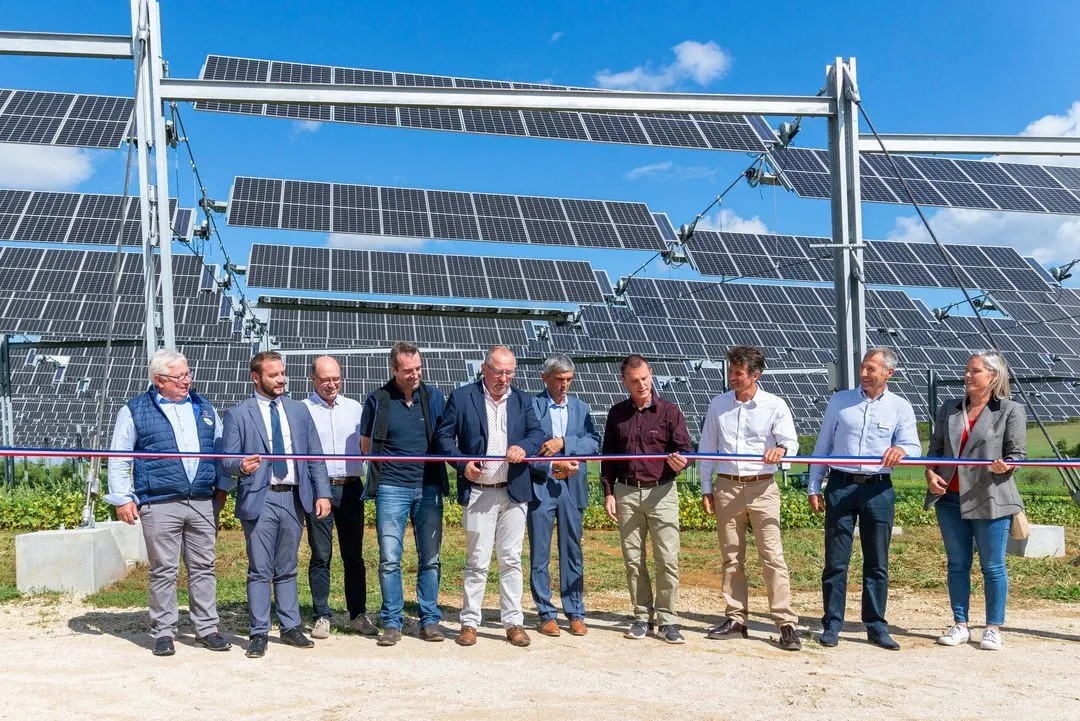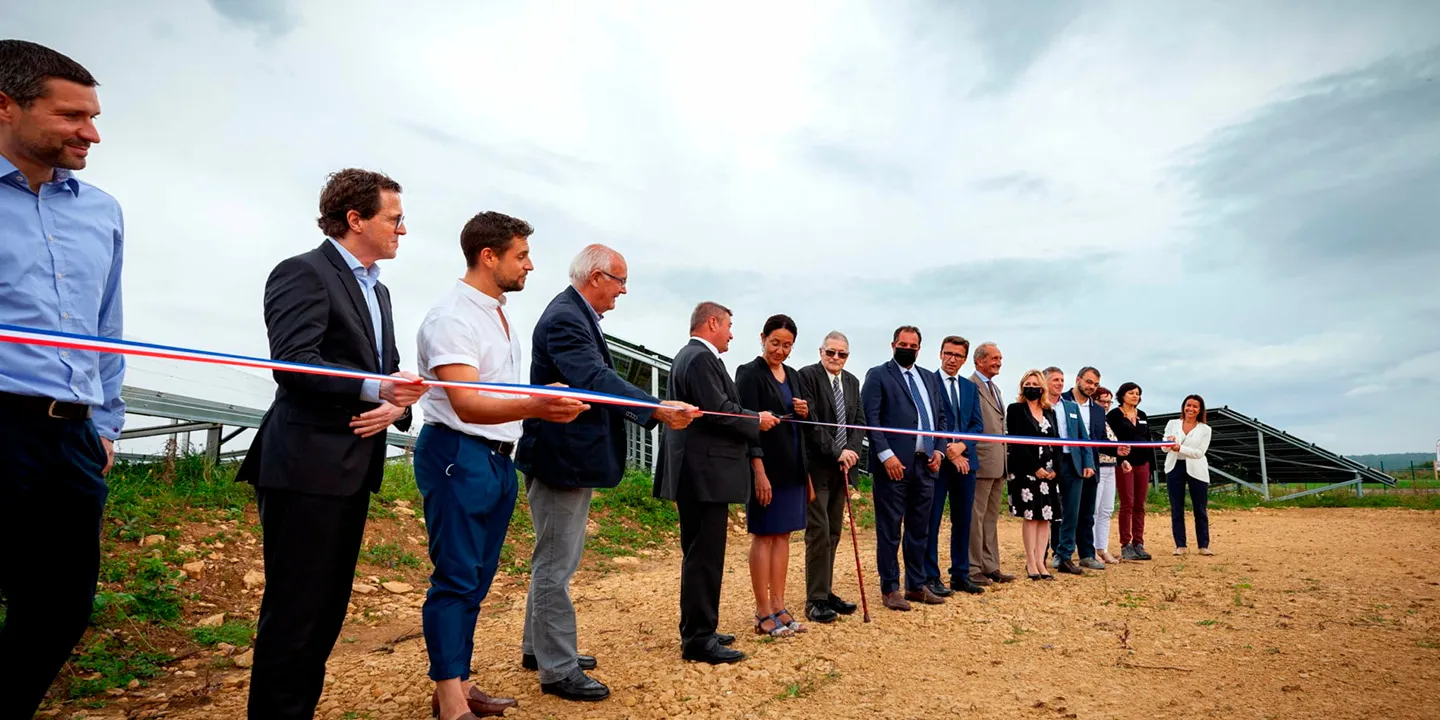TSE is committed to measuring and reducing its biodiversity footprint (GBS)
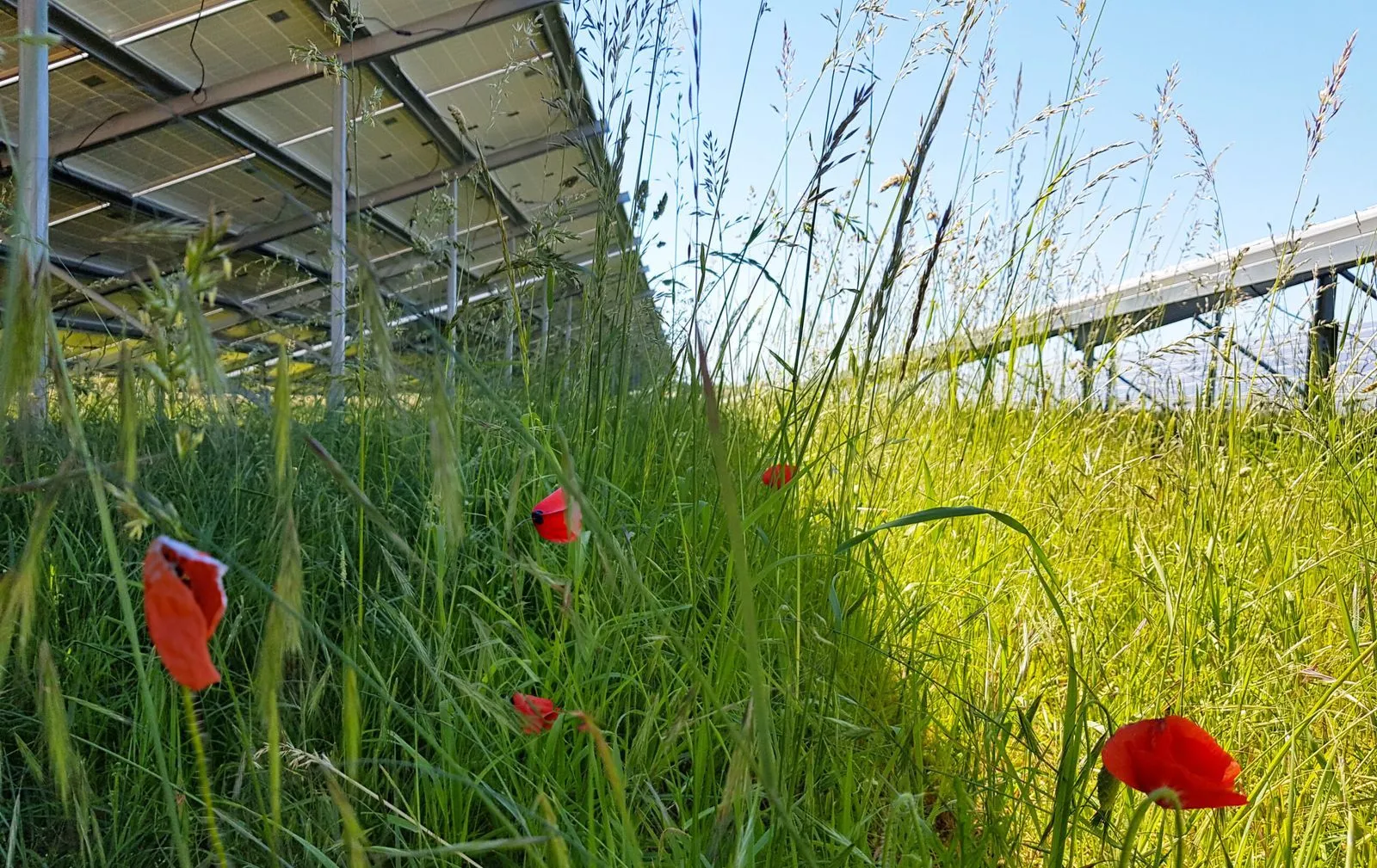
TSE, a photovoltaic and agrivoltaic operator involved in the energy transition and the reconquest of biodiversity, is committed to measuring and reducing its biodiversity footprint through the Global Biodiversity Score (GBS).
The tool developed by CDC-Biodiversity makes it possible to measure the pressures exerted by the company's projects on all terrestrial and aquatic biodiversity, in the static phases (extraction and manufacture of materials and structures) and dynamic phases (period of operation of power plants). The unit used for this measurement corresponds to an area of degraded natural environment (MSa.km²).
” Measuring our GBS footprint will allow TSE to have precise indicators to manage its biodiversity strategy taking into account our impacts, from the upstream manufacturing phase, to the end of the operation of a power plant. This is an additional step in our commitment to biodiversity, which will highlight our contribution to its preservation while ensuring our role as a renewable energy operator..” explains Yannick Giloux, Biodiversity Director. The results obtained during the year 2022* show a very clear differentiation in the impacts between these two phases of the life of projects:
- Static impacts carry the largest part (more than 90%) of the negative impacts, in particular through land use pressure for extraction operations and carbon emissions for transport and manufacturing, a phenomenon inherent in almost all activities requiring raw materials;
- Dynamic impacts are compatible with a “positive impact” approach, in particular by taking into account the avoided “carbon” emissions (0.6 MSa.km², i.e. the equivalent of a football stadium).
Based on the sole action of its businesses, TSE thus demonstrates processes that are particularly economical in terms of their biodiversity footprint, and even positive ones. Since then, TSE has implemented a plan to reduce its biodiversity footprint through 2 main actions:
- Investment in the development of a panel manufacturing industry in France** and the systematic use of low-carbon steel structures to ultimately reduce its static footprint;
- Conduct and voluntary contribution to biodiversity restoration programs (its corporate sponsorship for associative ecological restoration projects and its membership in the WWF Entrepreneurship For the Planet club) to reduce its dynamic footprint.
This last action performed on a 1era The period of 2022—23 made it possible to intervene on approximately 46 ha of natural environments. It generated a reduction of 6 to 8% in TSE's dynamic footprint to thus move closer to its objective of developing projects with a positive impact on biodiversity.
*The GBS was measured with the support of Biodiv'Corp.
**In May 2023, TSE announced its participation in the Holosolis consortium, which plans to build a photovoltaic gigafactory in Hambach in Moselle. With a production capacity of 5 GW per year, the factory will produce, at a rapid pace, 10 million photovoltaic panels, equivalent to the energy needs of one million homes.
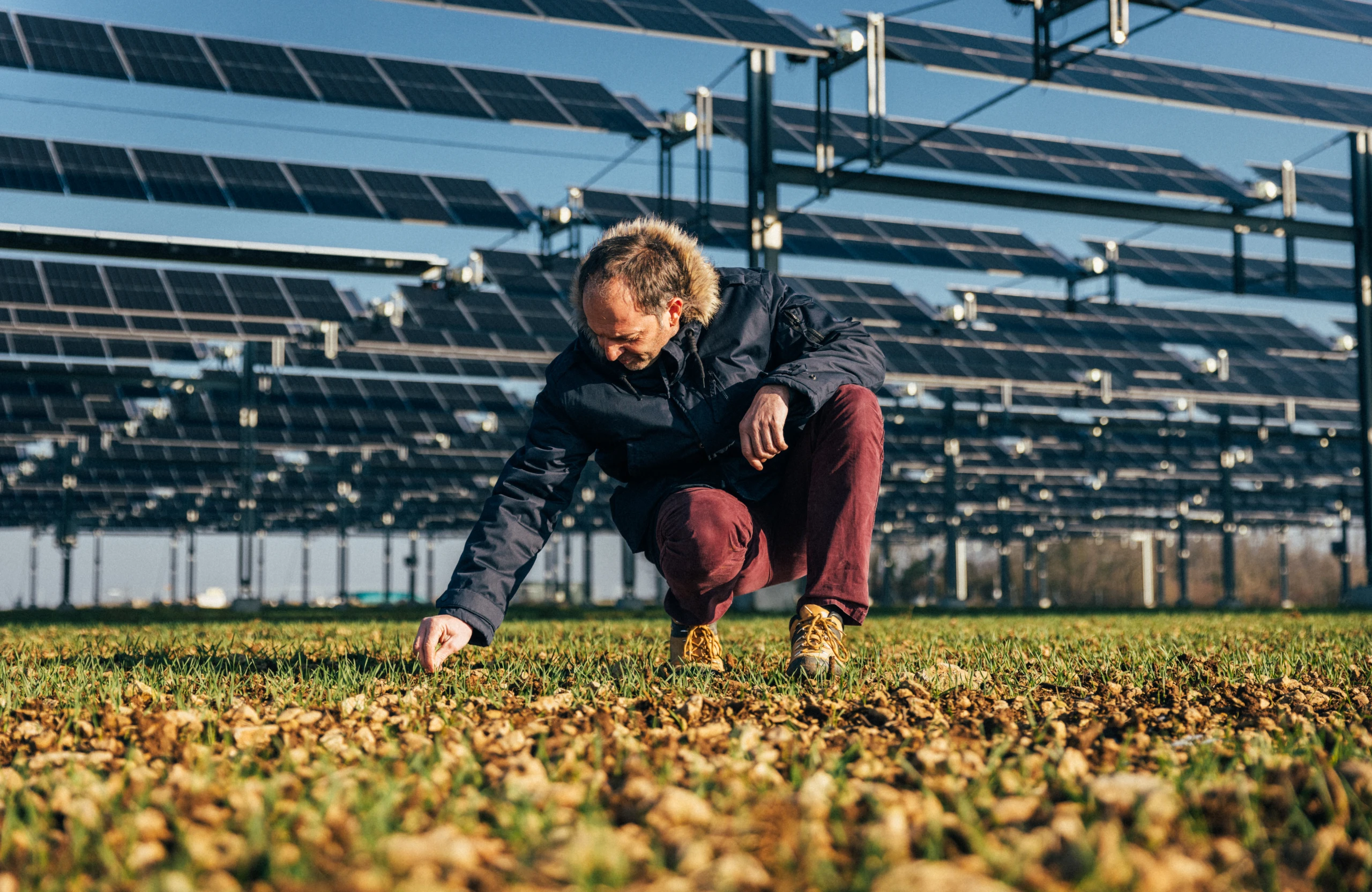
.webp)
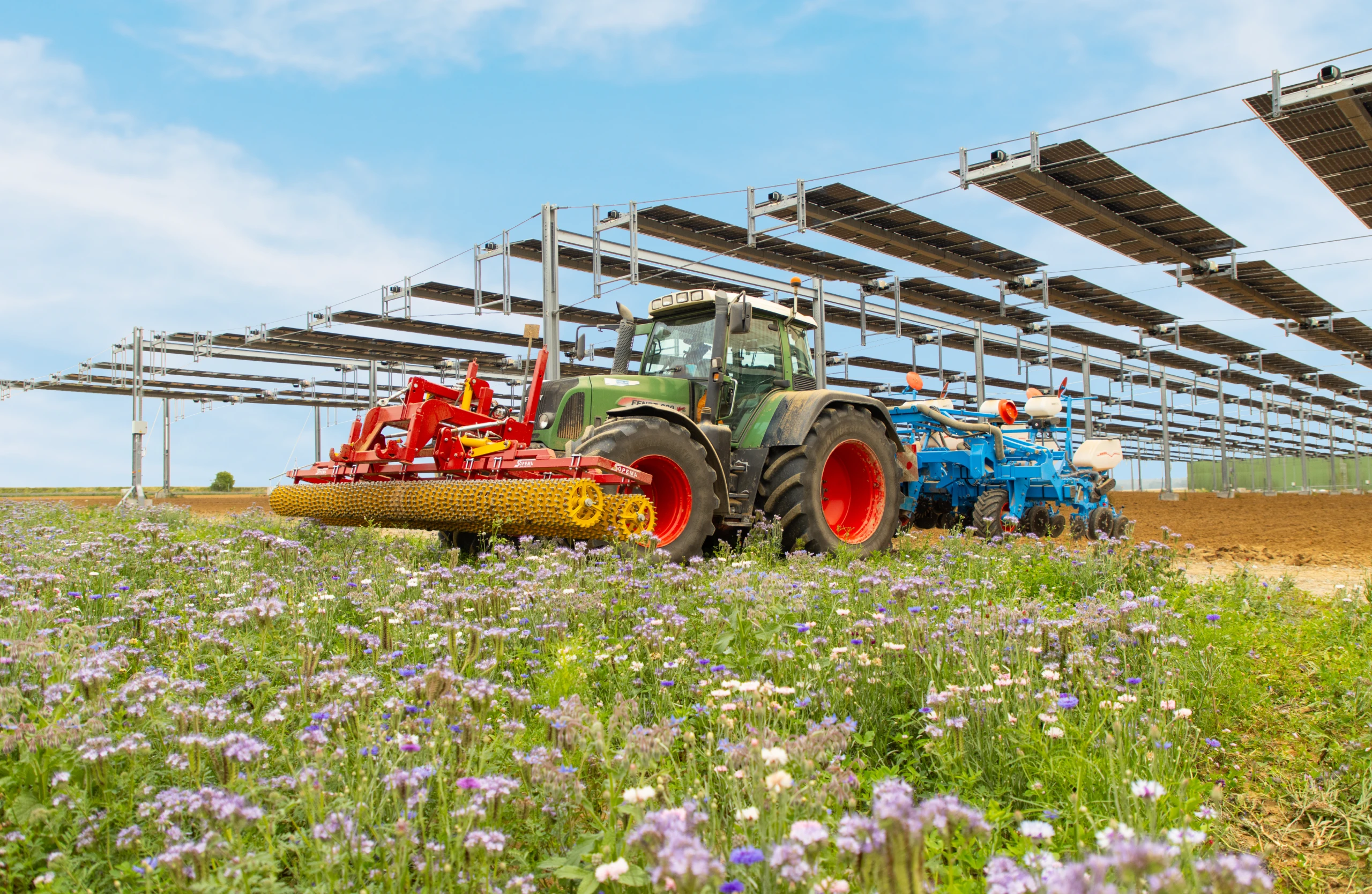
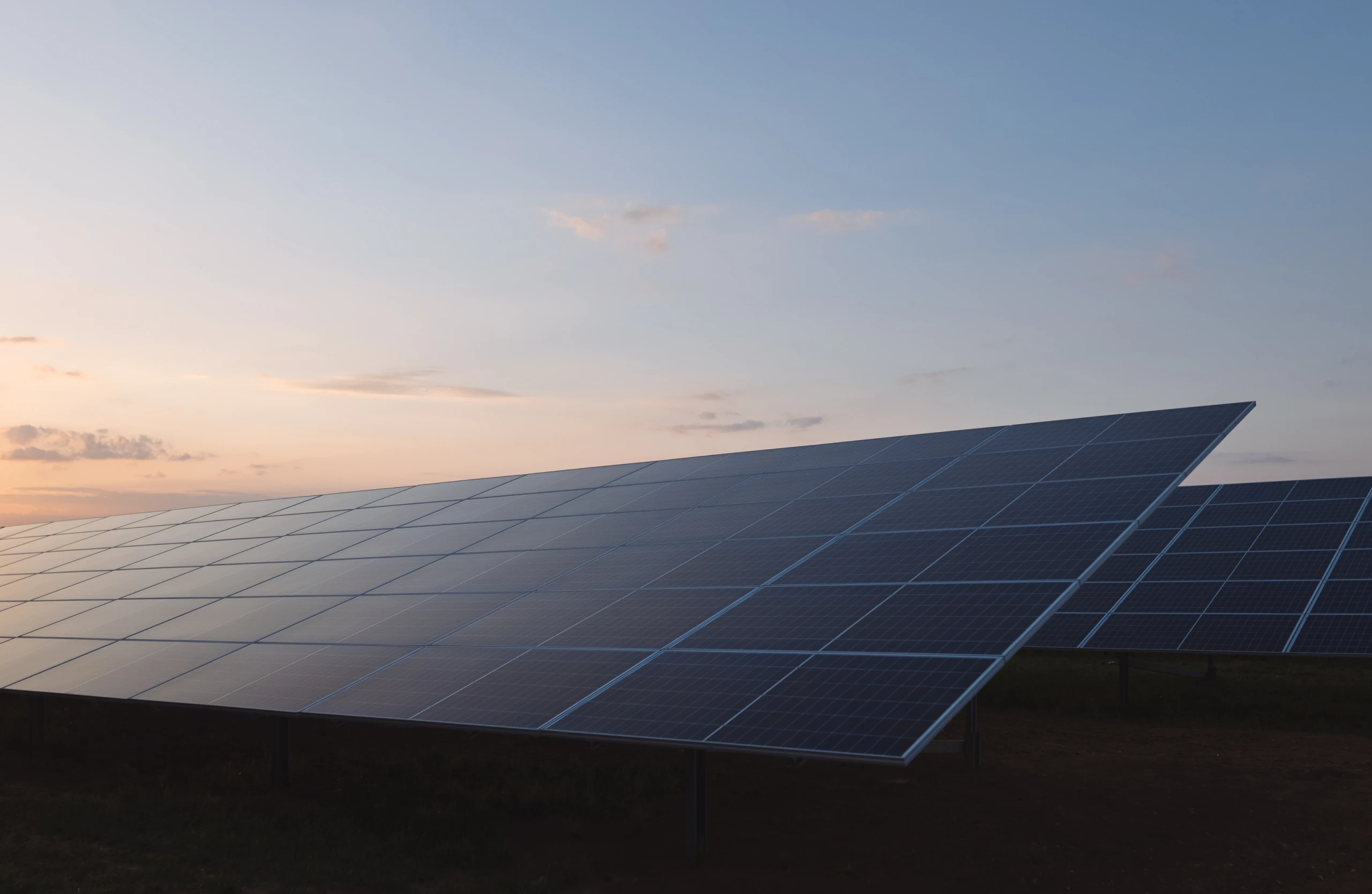
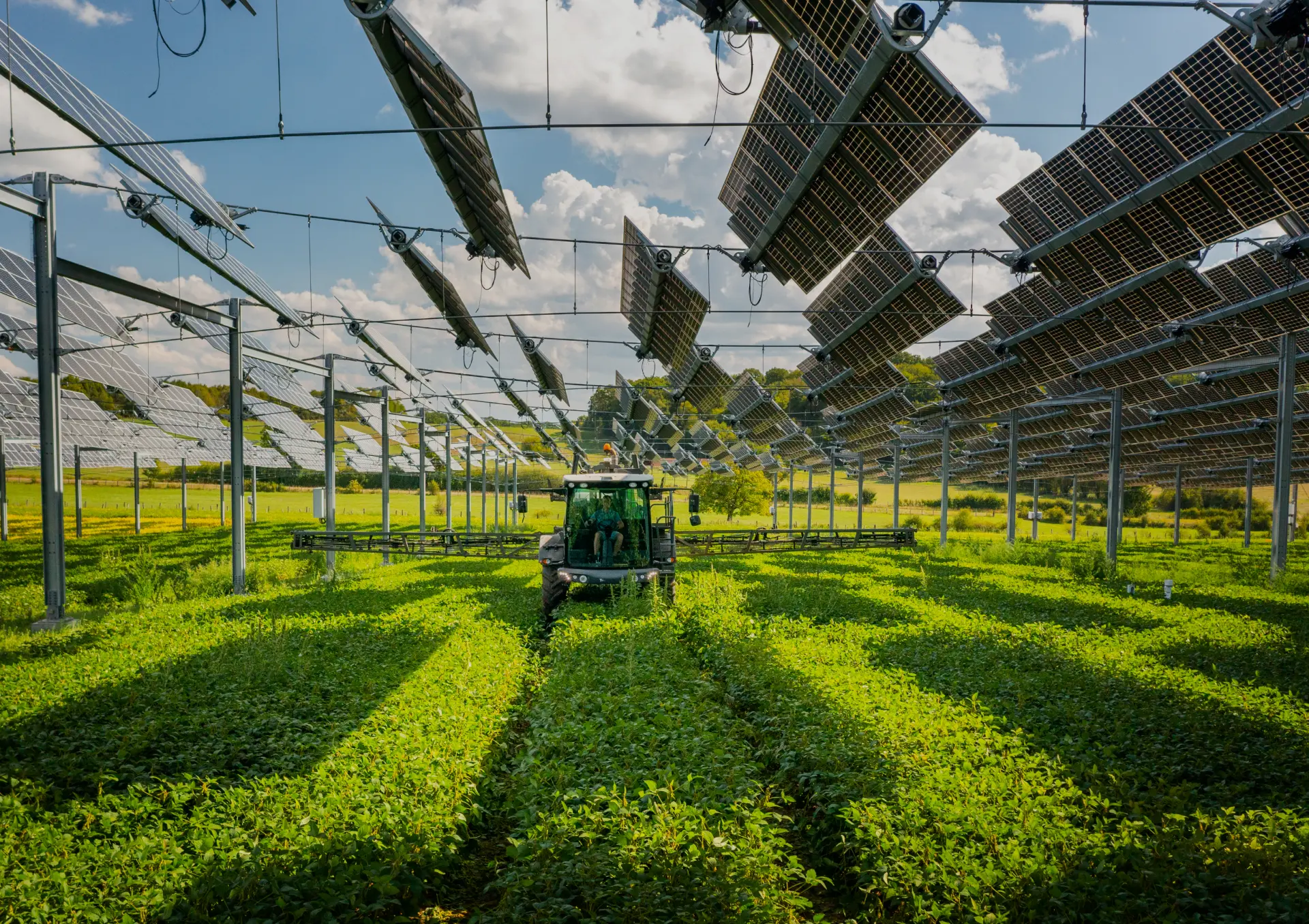
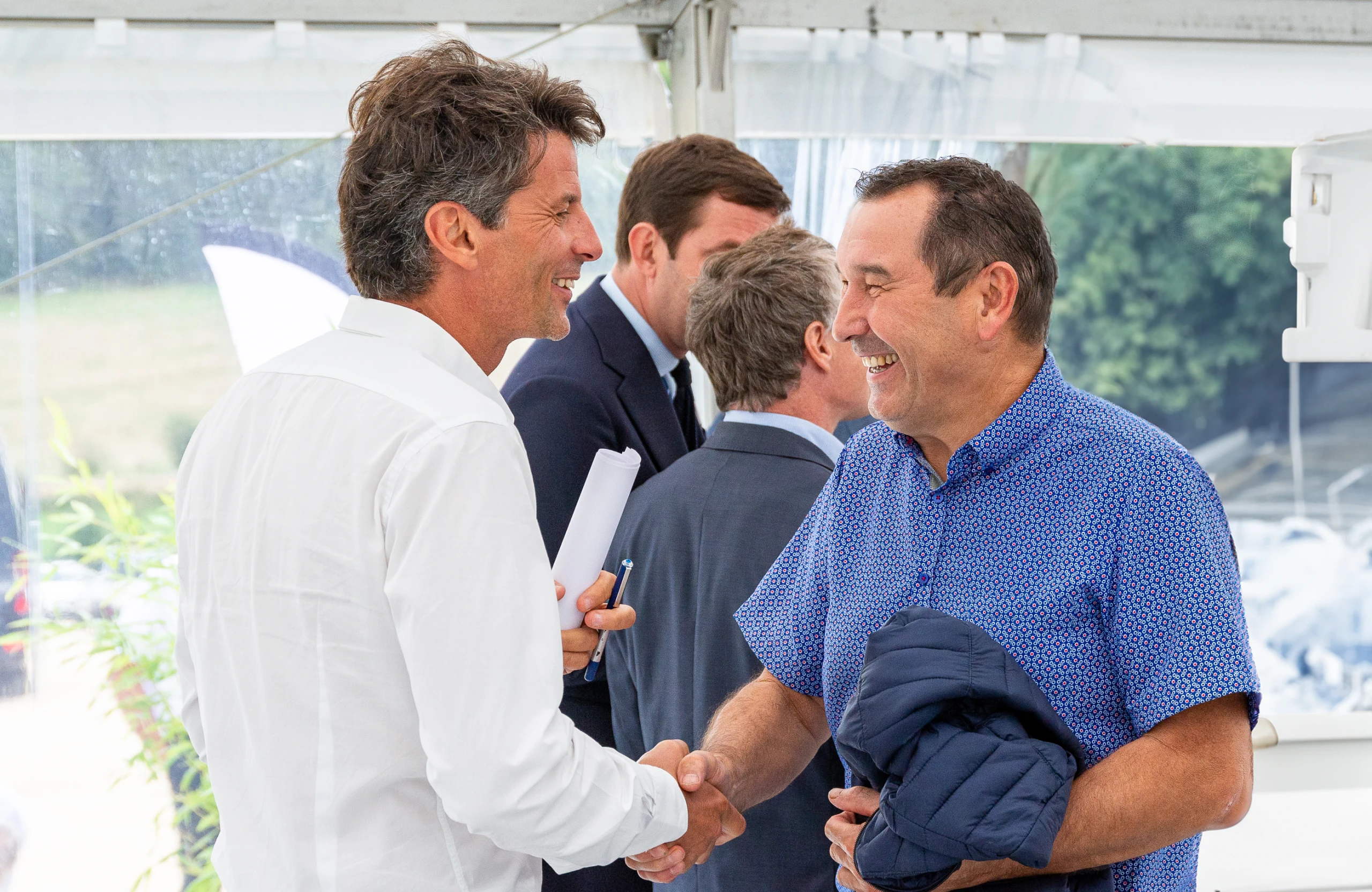


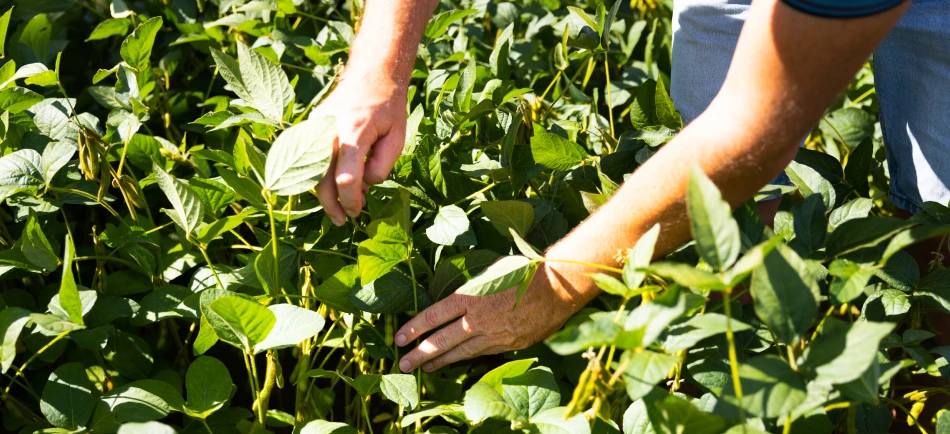
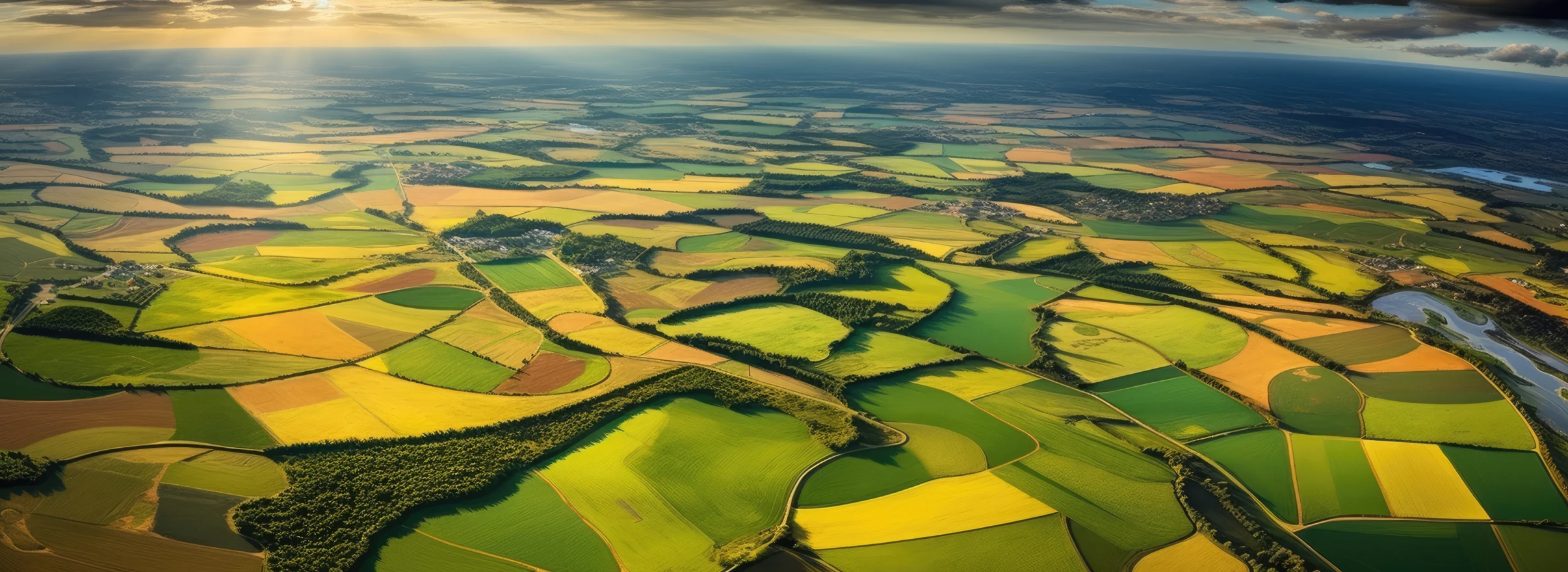
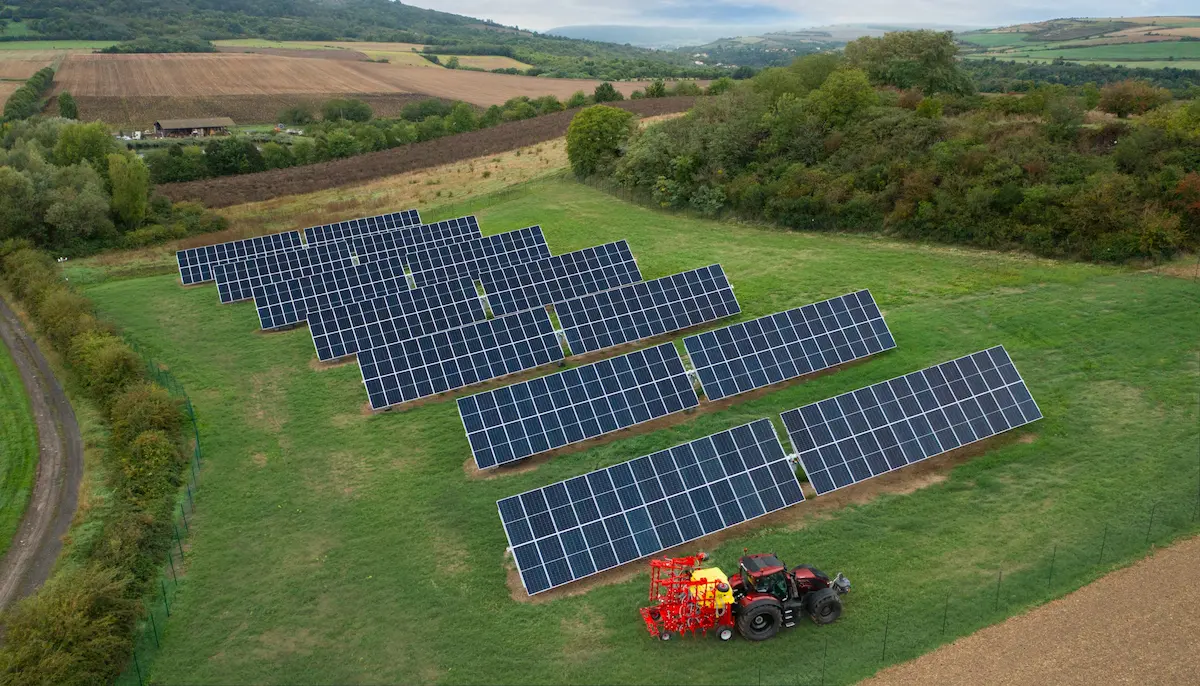
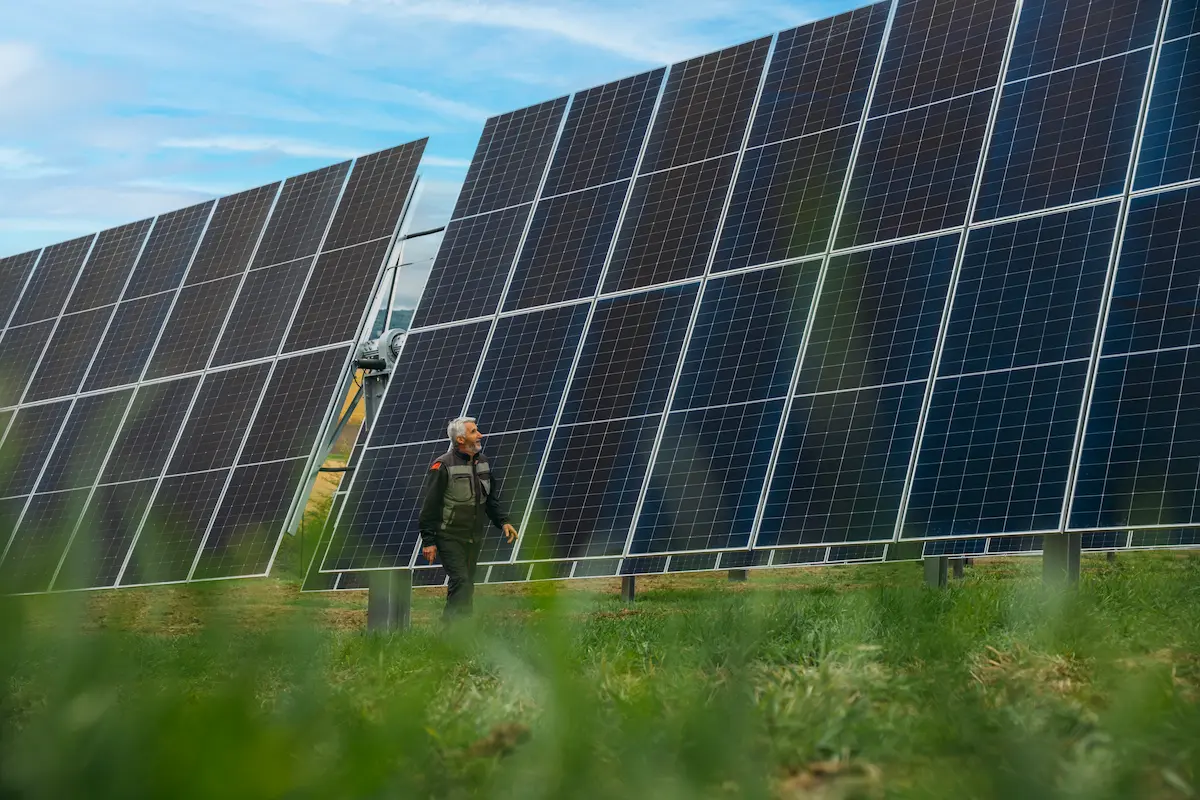
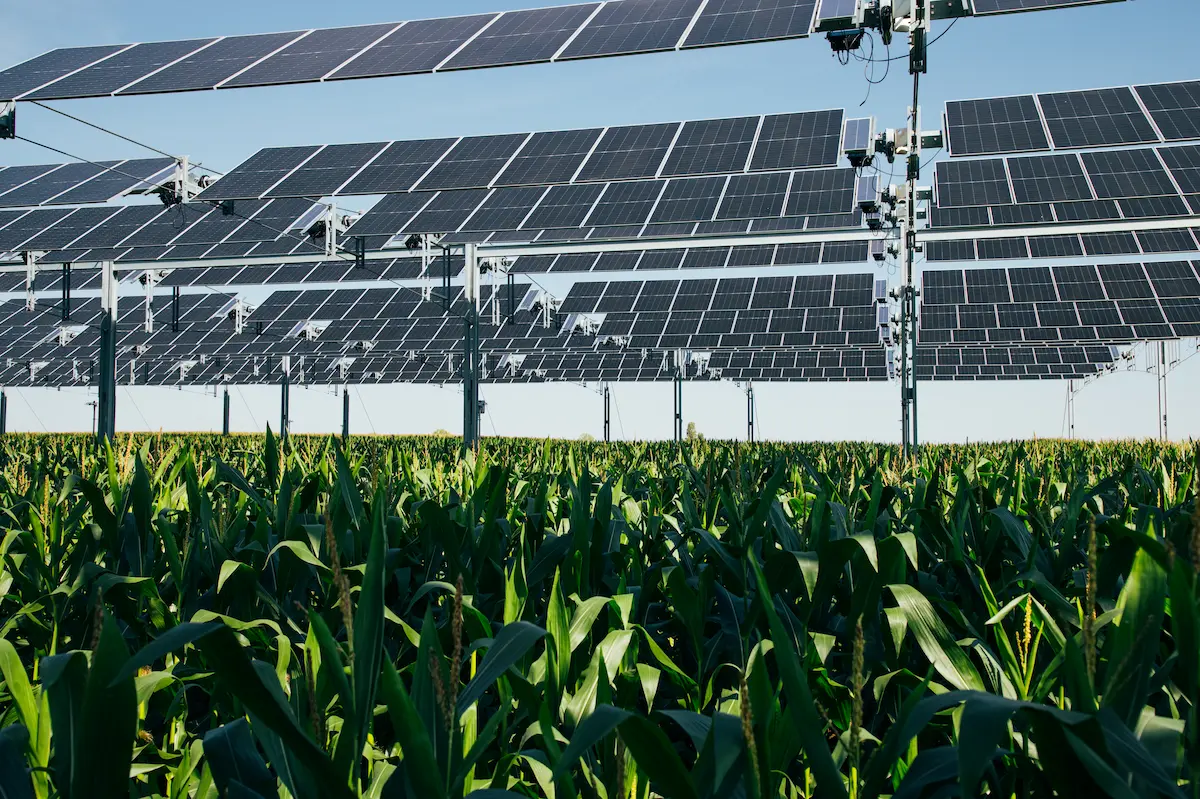




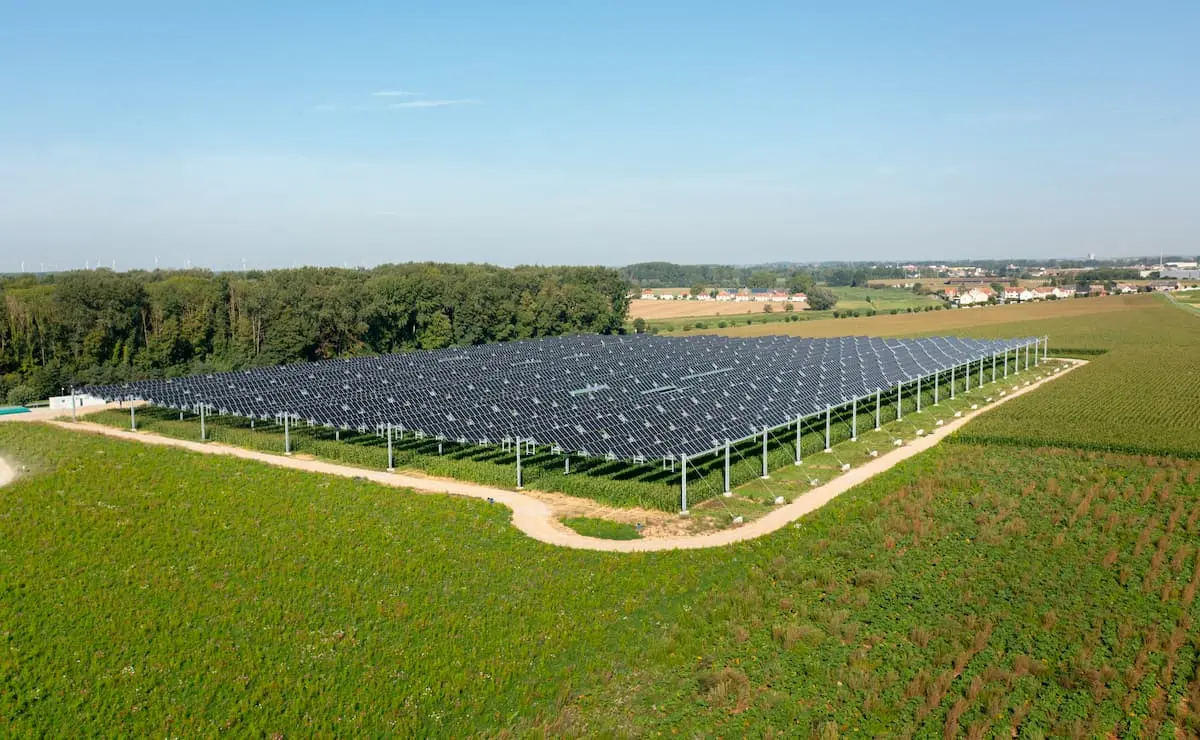




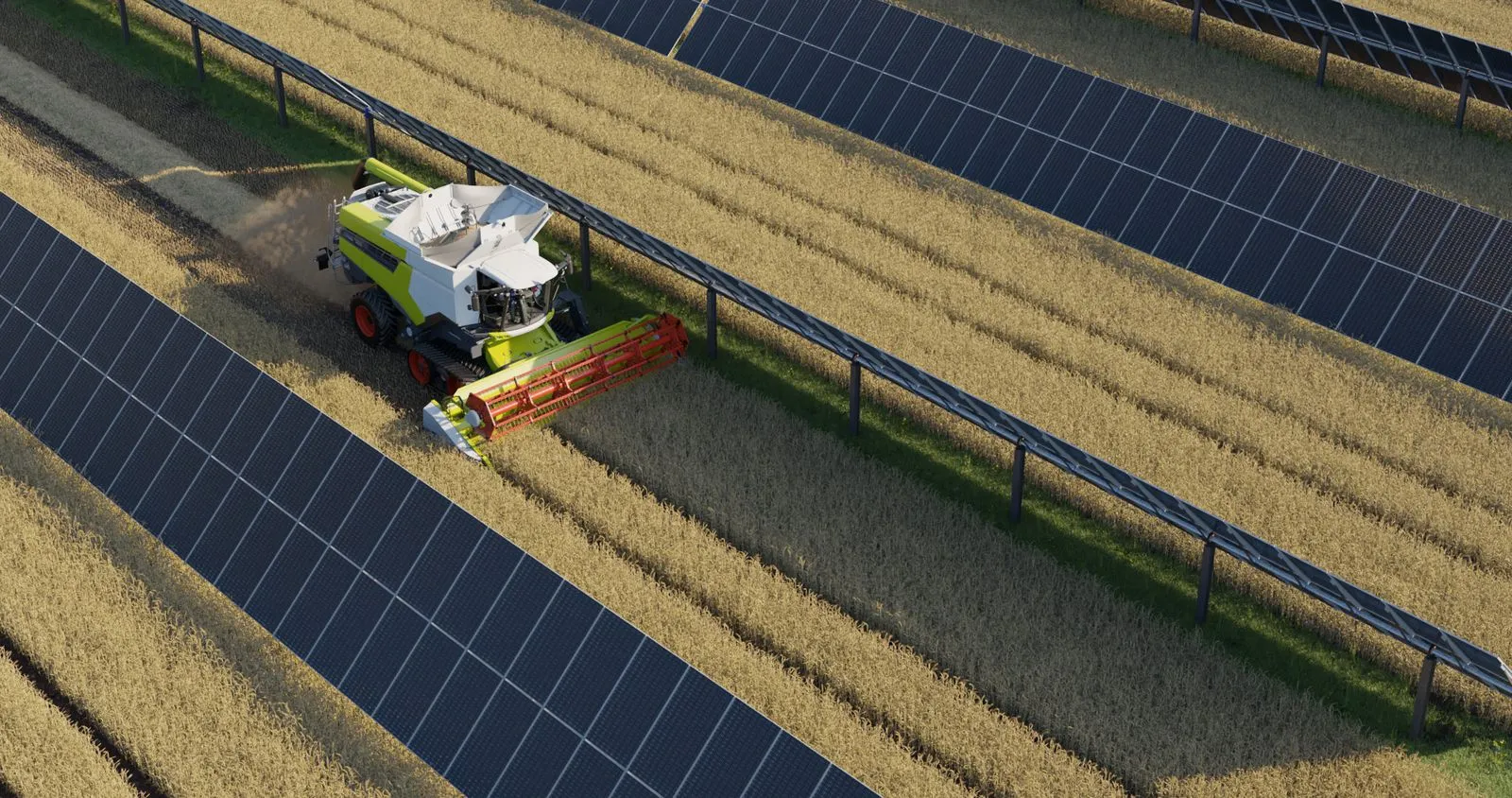
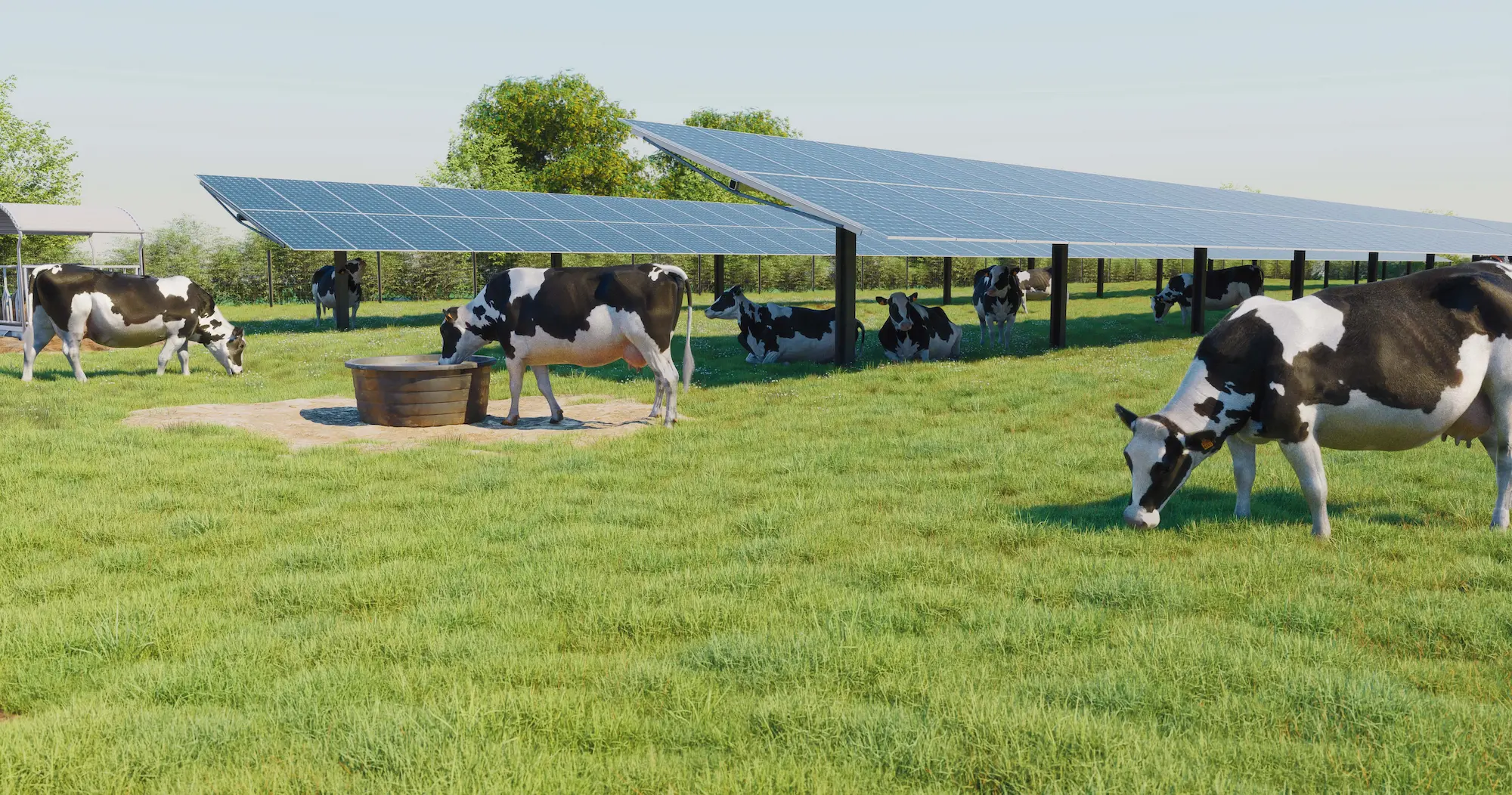
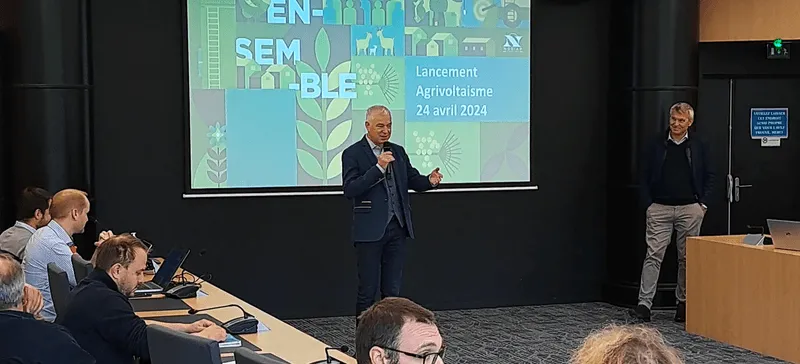
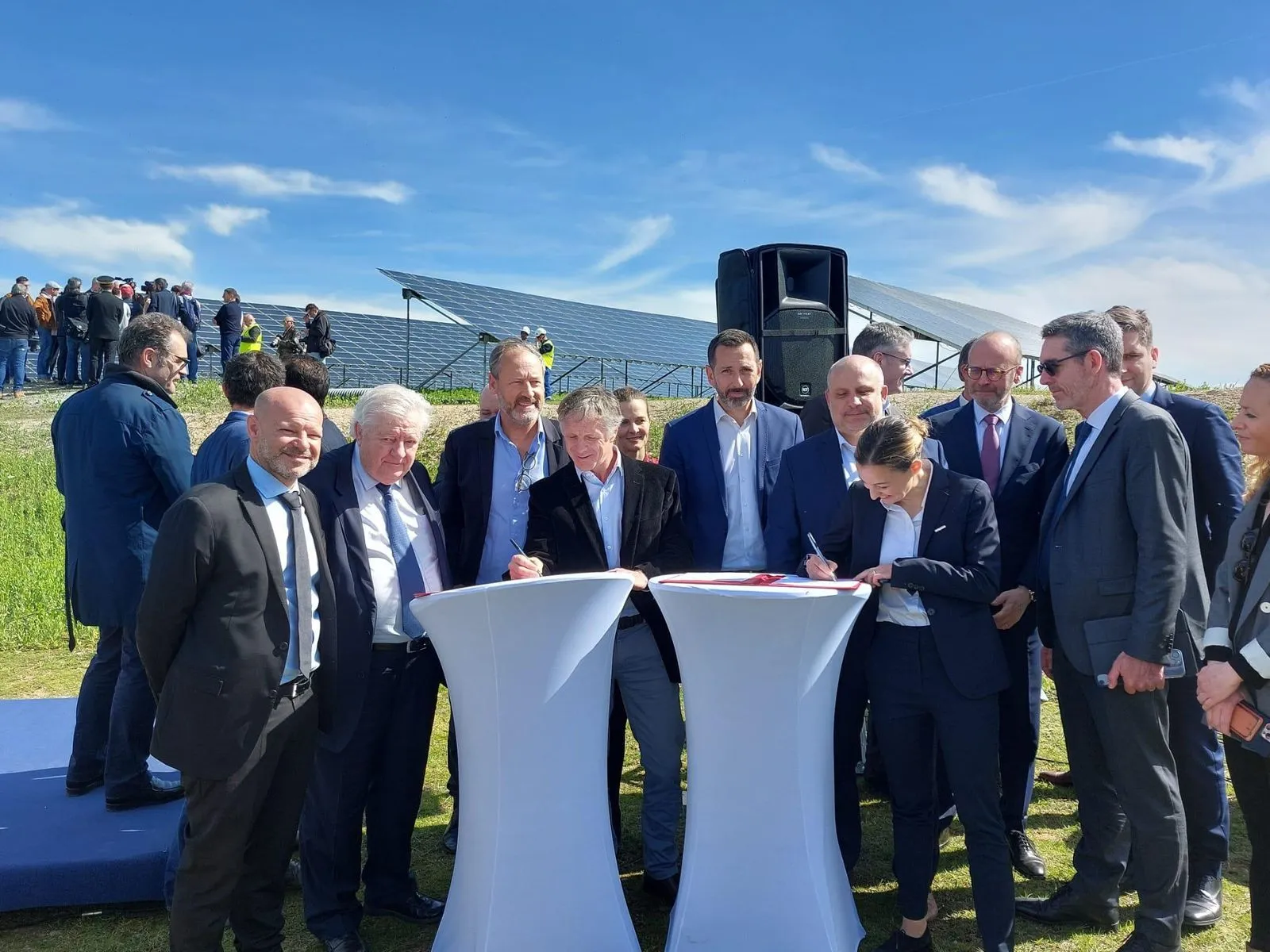
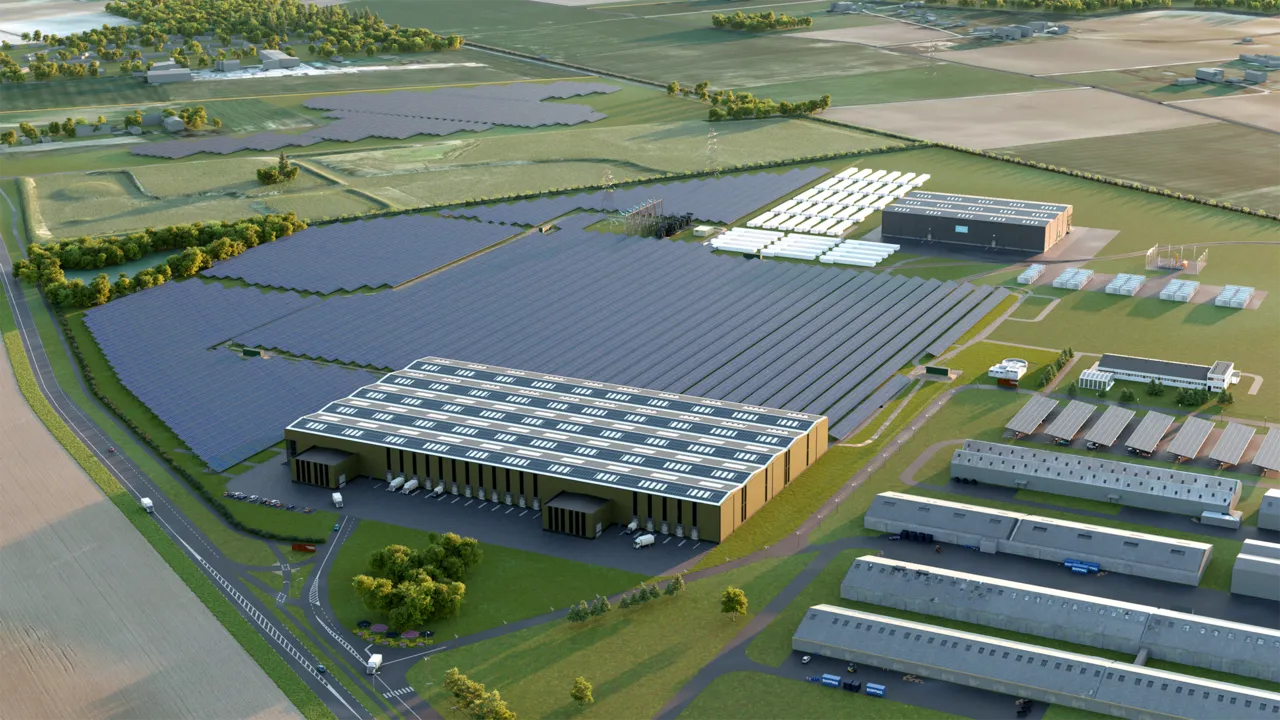
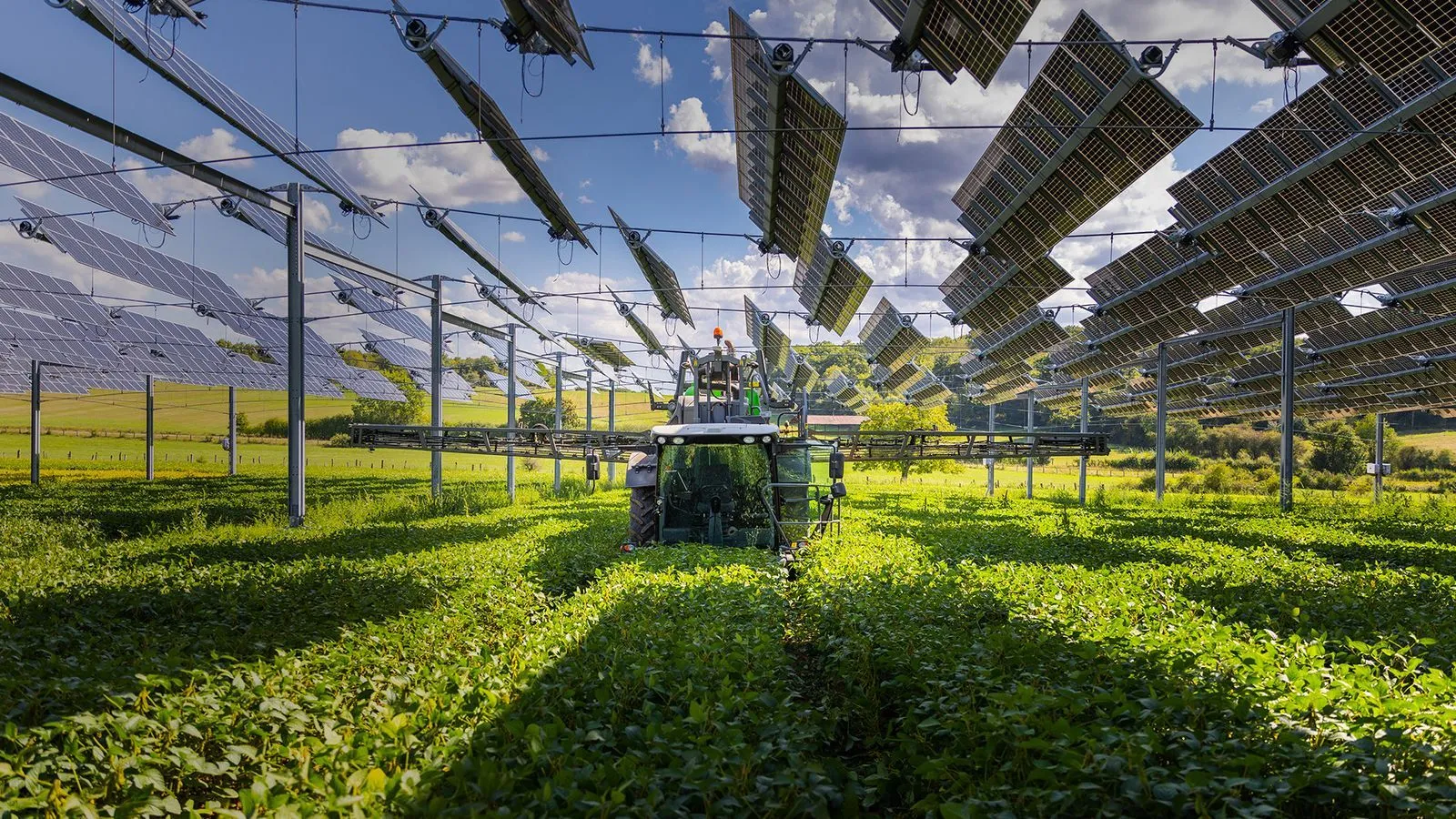
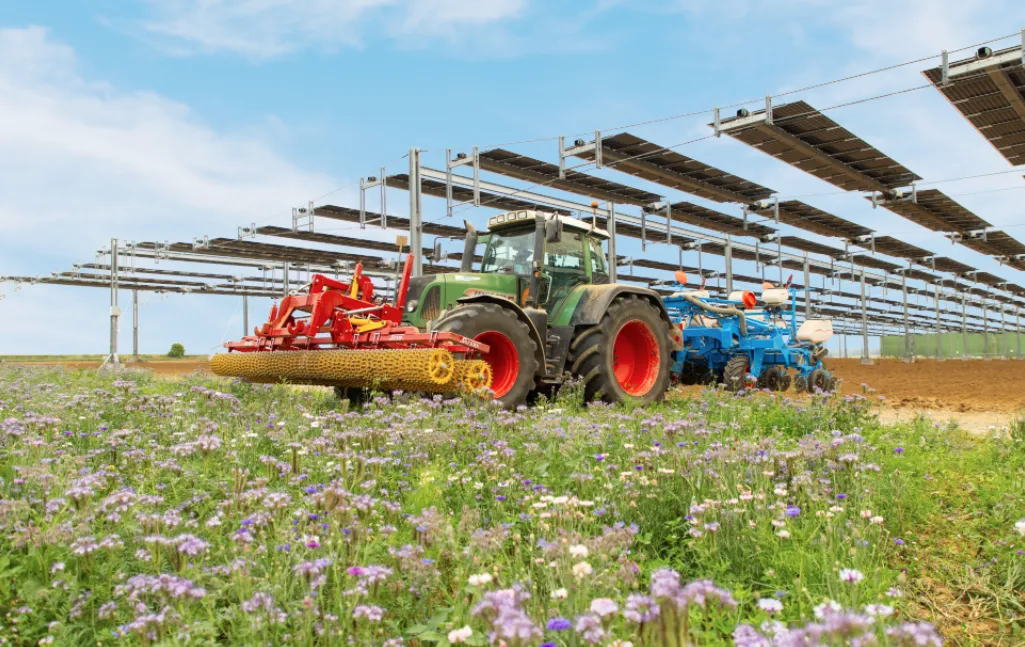
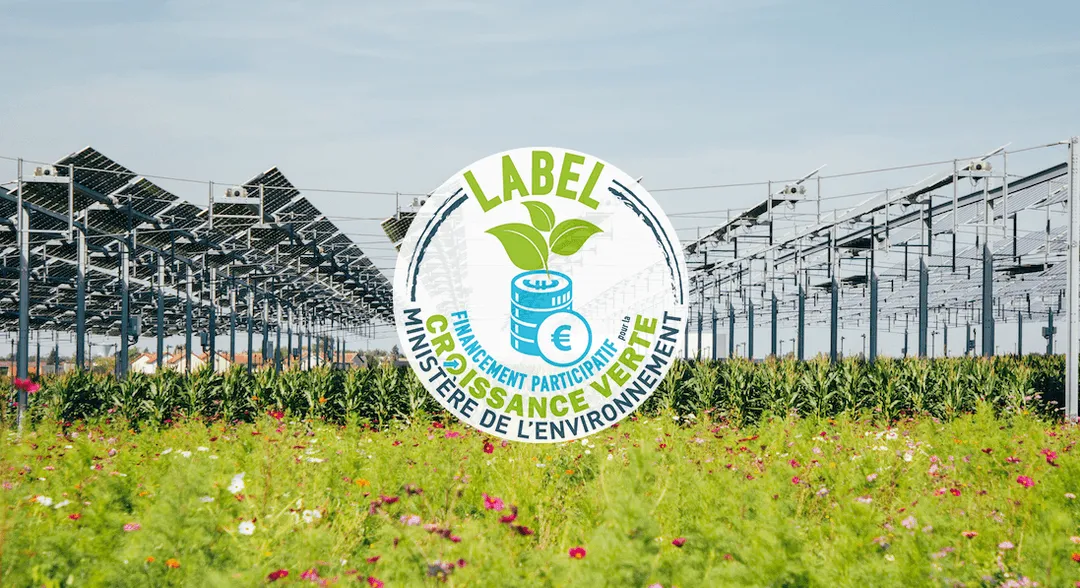
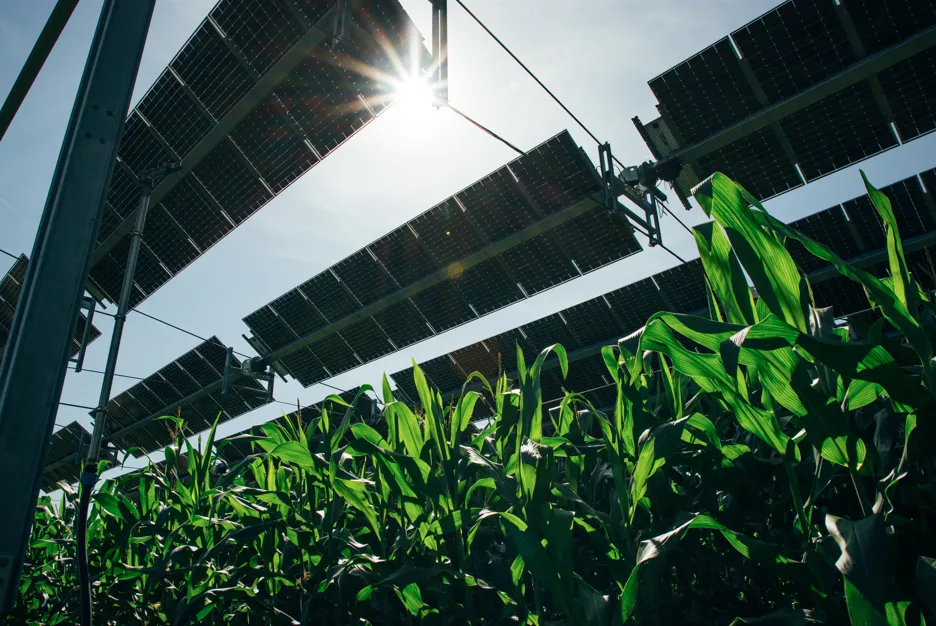
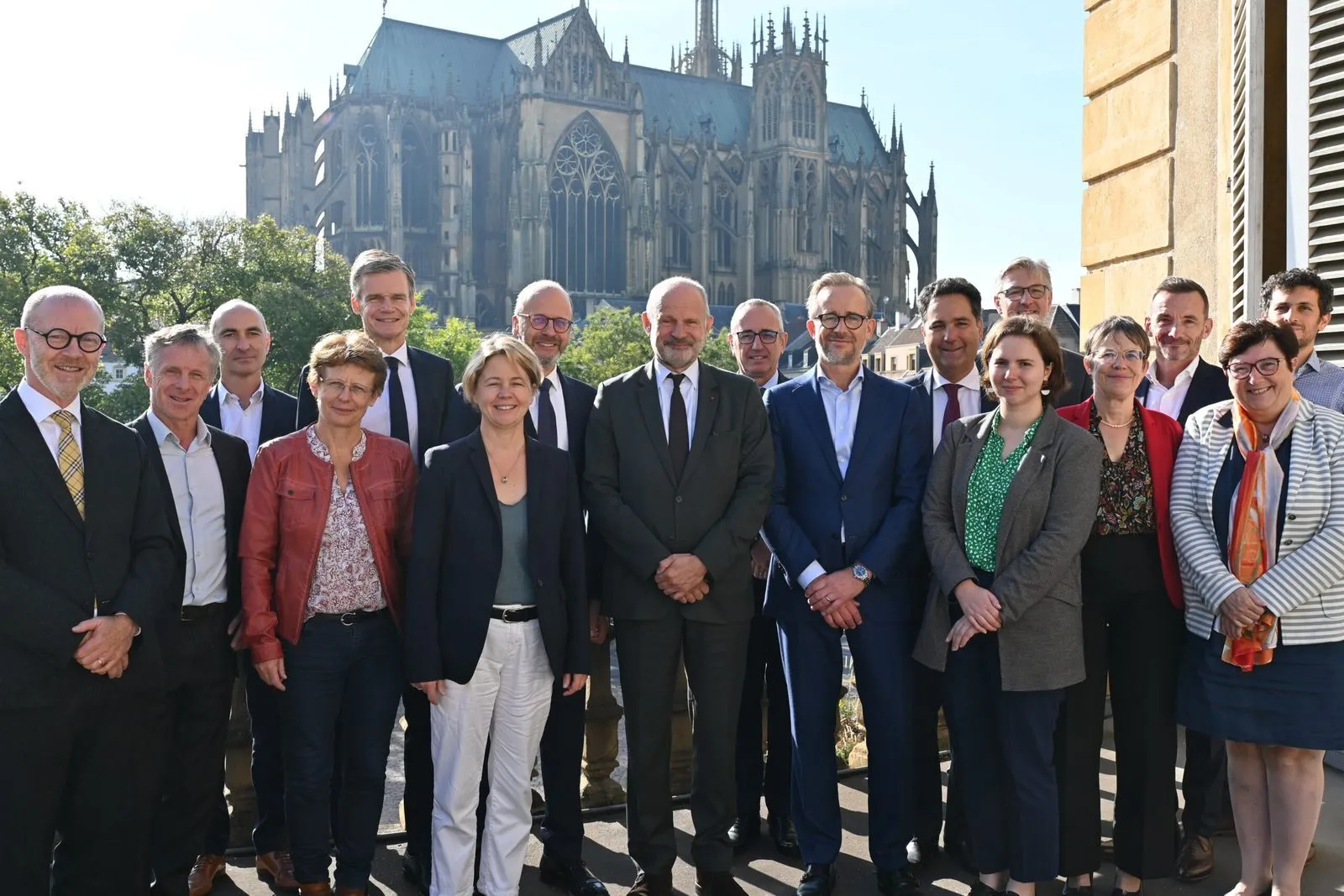
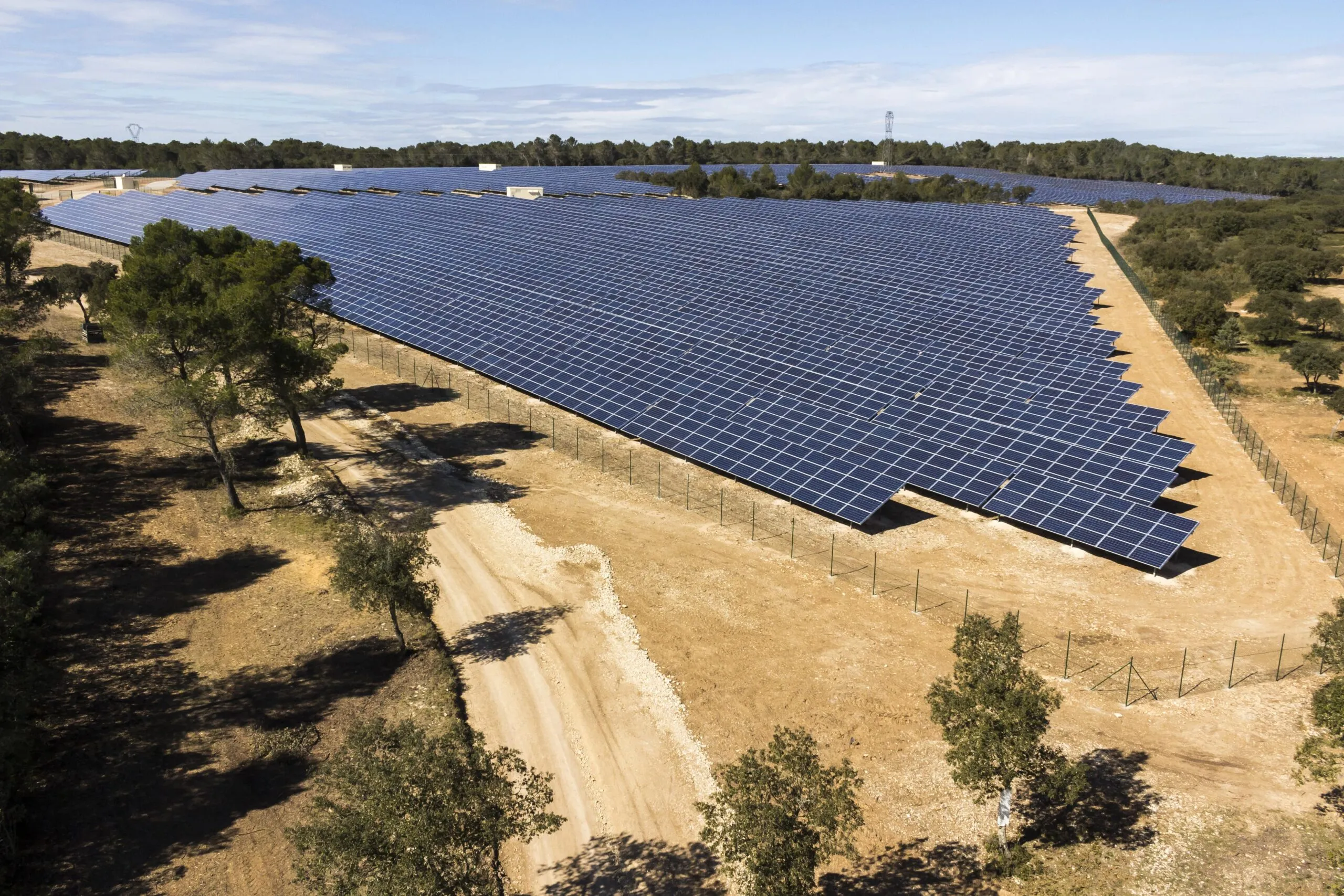
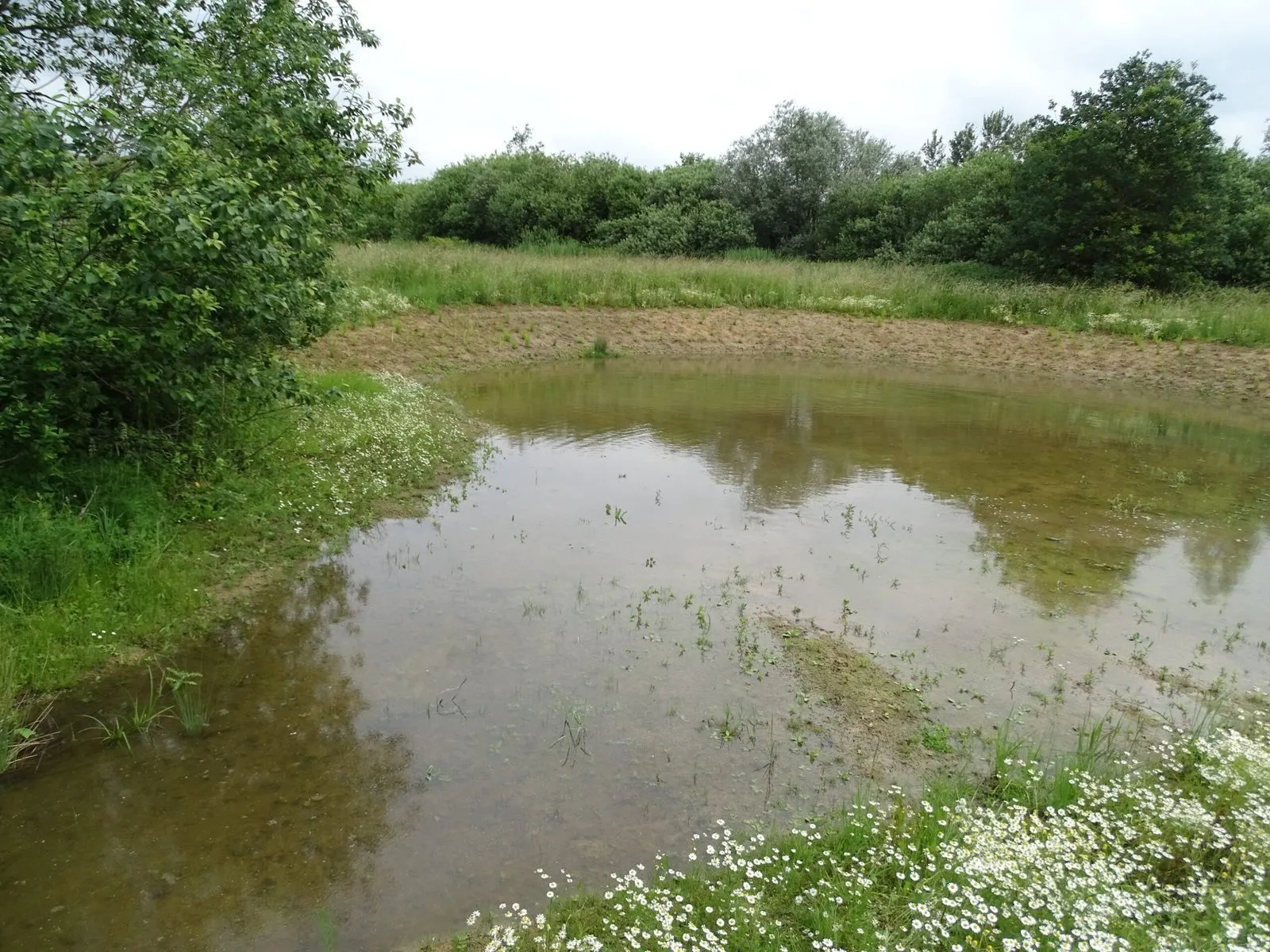
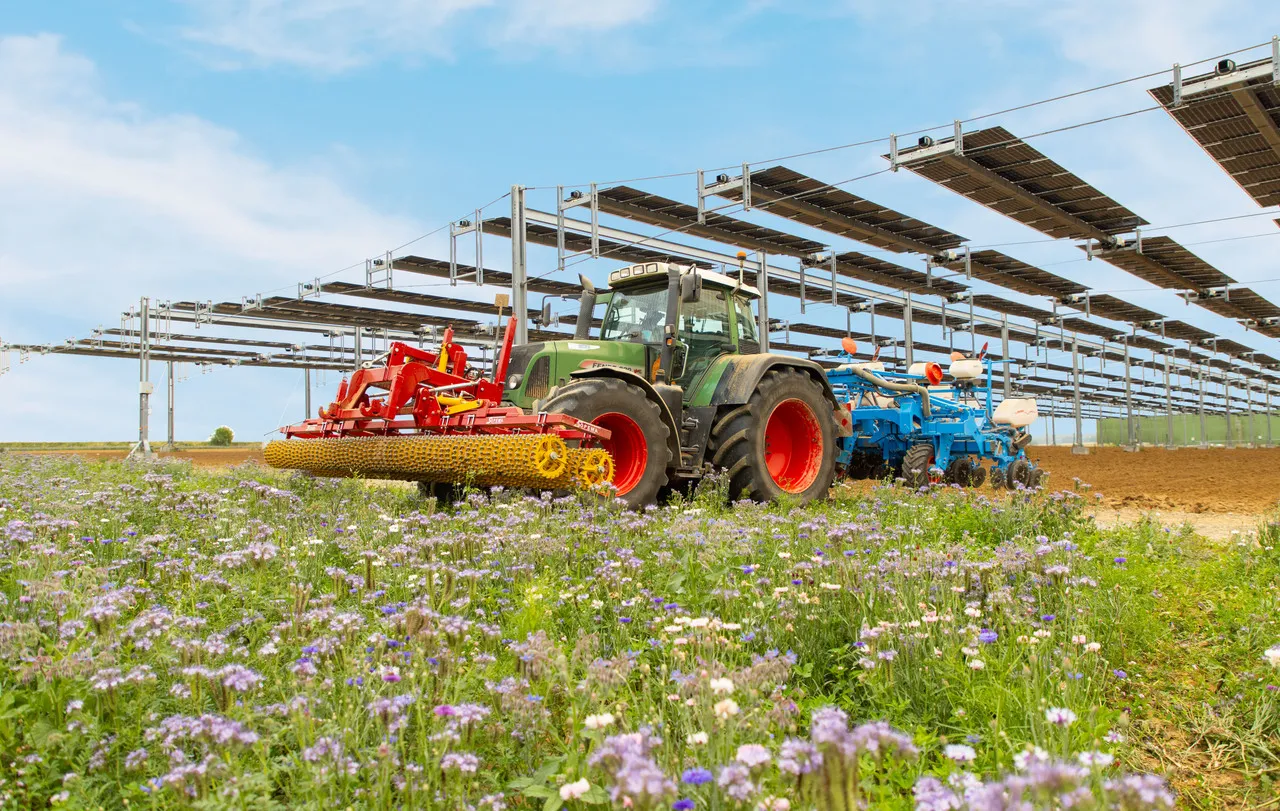
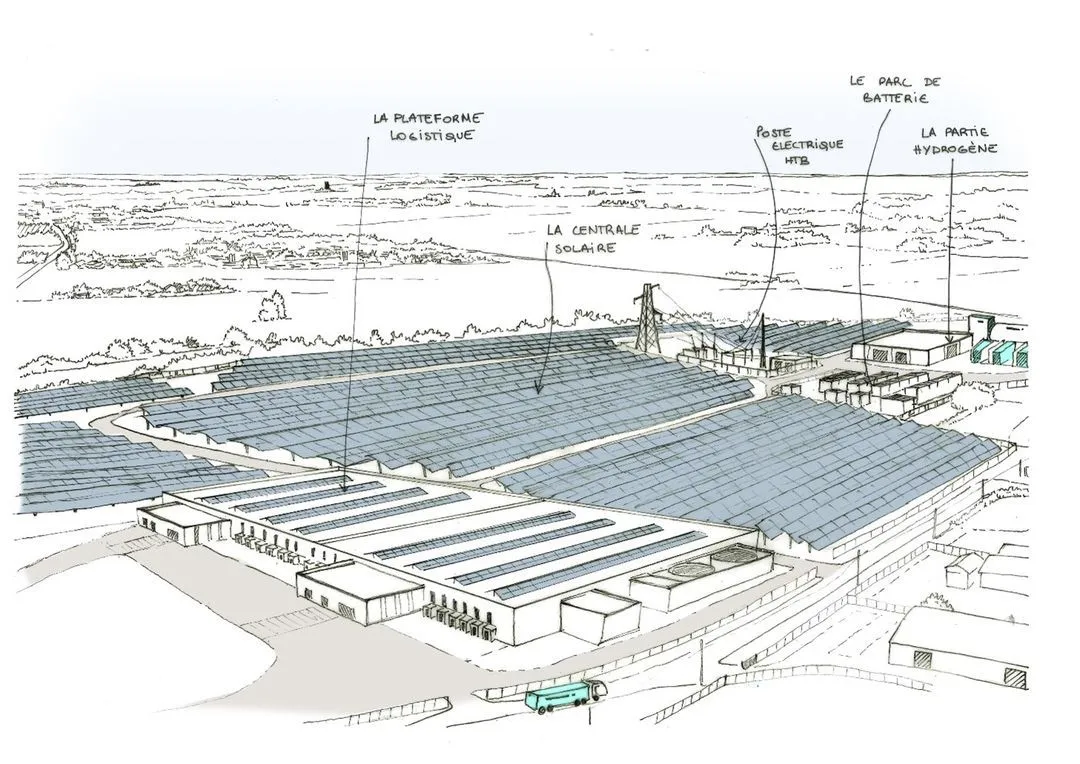
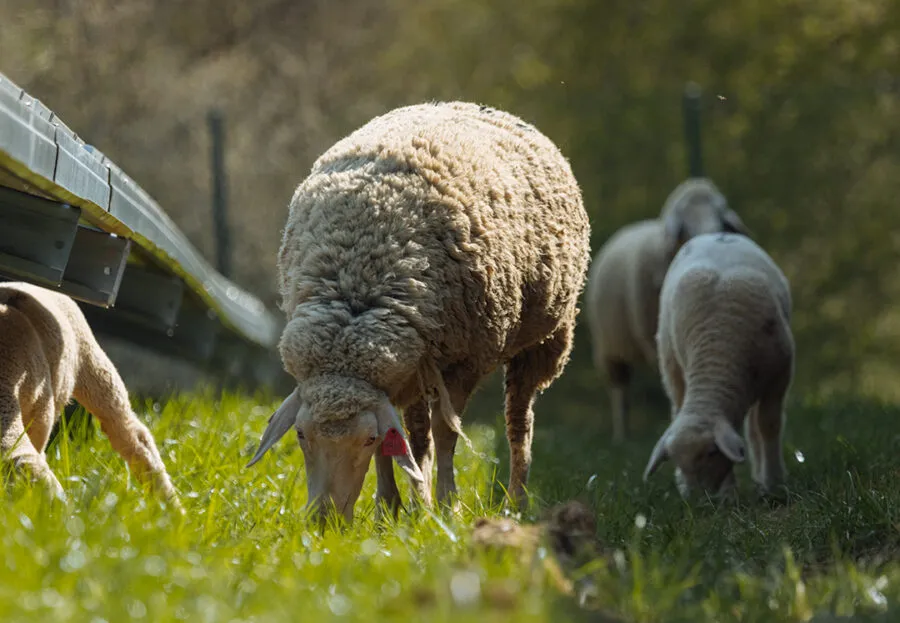
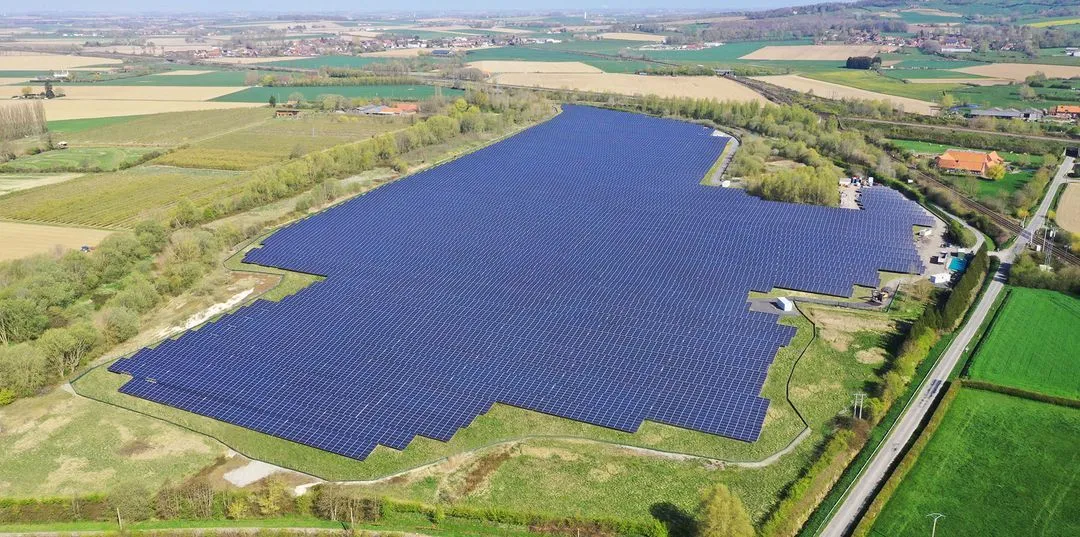
.webp)
